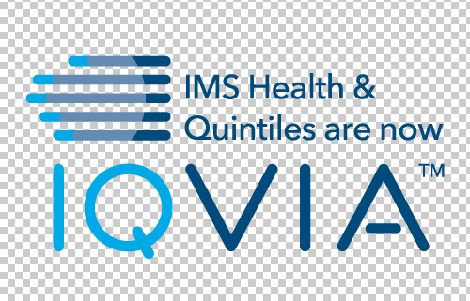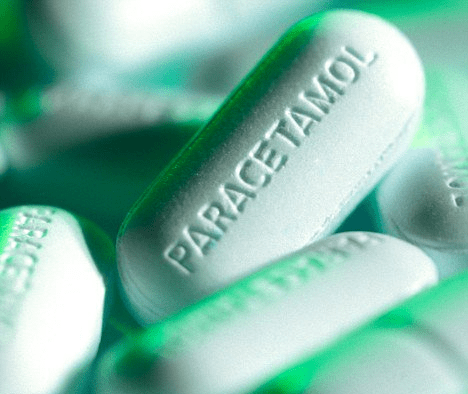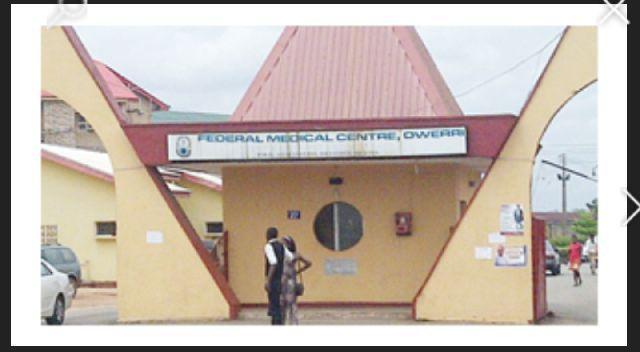
Prof. Peter Nwangwu is an internationally renowned medical scientist, with both academic and research experience in the field of Pharmacy and Pharmacology. He is widely regarded as one of the top 10 most distinguished pharmacists/pharmacologists in the world, for his academic brilliance, breakthrough inventions, as well as his acumen as a pharmaceutical business executive.
Nwangwu started the first pharmaceutical manufacturing company owned by a black man in the United States, and served on the board of directors of several companies in the U.S. He has been nominated three different times to serve as president of three universities in the United States, namely, University of Wisconsin-Eau Claire, Alabama A & M University, and Albany State University, Albany, Georgia. His book, Concepts and Strategies in New Drug Development, is an international bestseller on the subject of new drug development and is widely used as a training and reference text in many pharmaceutical industries worldwide and as a textbook in many postgraduate clinical pharmacology training programmes in the U.S. and European universities.
Inventor and pioneer
In 1976, during his PhD research, Nwangwu invented a technique for screening anti-arrhythmic drugs. This invention received worldwide acceptance. The technique is still being used in several pharmaceutical companies and pharmacology laboratories as a standard screening technique for antiarrhythmic drugs. Nwangwu also invented a technique for identification of the time of myocardial infarction (heart attack) employing TC-99 pyrophosphate in 1981.
Nwangwu was the first medical scientist to discover and publish in-vivo murine ventricular tachycardia in a single surface electrocardiogram lead, and has been widely cited by renowned medical scientists worldwide, who employ his research technique and breakthrough as a murine model of human cardiomyopathy for studies in cardiovascular disease. He also holds several US patents for developing and characteriding seven anti-arrhythmic drugs used globally for the treatment of cardiac arrhythmia (irregular heartbeats).
Recognitions and awards
There are very few Nigerian inventors whose outstanding contributions to the pharmaceutical world have been celebrated with a plethora of awards and recognitions as Prof. Nwangwu. Some of the prestigious awards he has received include the 2006 Congressional Medal of Distinction, awarded by the United States National Republican Congressional Committee; the “2005 Man of the Year” award, awarded by the governing board of editors of the American Biographical Institute, Raleigh, North Carolina, USA; the 2005 President Ronald Reagan Republican Gold Medal, awarded by the United States National Republican Congressional Committee; and the “Business Man of the Year 2005”, awarded by the United States Business Advisory Council, Washington D.C. USA.
In May, 2008, University of Nebraska – his alma mater – in the United States selected Nwangwu as “The 2008 Outstanding International Alumnus of the University of Nebraska”. Only one alumnus from the school is selected for this award every year. Nwangwu is the second person to receive the award since it was established at the University in 2006.
Prof. Nwangwu has also been listed in more than 20 biographical reference books, including: Men of Achievement (1981), Who’s Who in Frontier Science and Technology, 1st Edition (1984/85), Marquis Who’s Who in the World, 7th Edition (1984/85), The International Who’s Who of Contemporary Achievement, Personalities of America, (1981-1982), Community Leaders of America, 12th Edition (1981), International Who’s Who of Intellectuals (1981), 5,000 Personalities of the World (1st Edition), International Book of Honour (1st World Edition), The Directory of Distinguished Americans, (1981 Edition), Two Thousand Notable Americans, (1st Edition), International Who’s Who of Professionals (2004 Edition), Empire’s Who’s Who: Empowering Executives and Professionals (2004/05 Edition), Madison Who’s Who of Executives and Professionals Worldwide (2004 Edition), Who’s Who in American Writing (1982 Edition), Directory of International Biography, 17th Edition, (1980-1981) and Who’s Who in the Midwest, 17th Edition (1980-1981)
Background and Education:
Peter Nwangwu was born on the 13 June 1949, in Umuahia, Abia State, Nigeria, to Igbo parents from Anambra State. He received his secondary education from the Anglican Grammar School, Umuahia, and Methodist College, Uzuakoli, where he became the pioneer recipient of the Best Student of the Year award in 1970.
In January 1972, Nwangwu went to the United States for his tertiary education at the University of Nebraska at Lincoln. He was an extremely focused and intelligent student, and outclassed many of his peers in challenging exams. As a result of his academic prowess he was elected into the university’s honour roll beginning from his first year, and also into the national scholastic honour society, Phi Eta Sigma, the exclusive academic honorary for selected men in American universities.
Prof. Nwangwu earned his Bachelor’s degree in Chemistry from the University of Nebraska at Lincoln in May 1974, after two years of undergraduate studies; and a master’s degree from the department of Medicinal Chemistry and Pharmacognosy and the Department of Pharmacodynamics and Toxicology in 1976. His doctoral training at the University of Nebraska Medical Centre was in combined medical sciences, with special focus on Pharmacology, which he pursued together with the professional Doctor of Pharmacy degree. He made history when he became the first student in history at the university to earn the Pharm.D and PhD degrees simultaneously.
Career
Prof. Nwangwu has worked as a practising pharmacist at both hospital and community pharmacy practice, and served as an industrial pharmacist and pharmaceutical company executive in many institutions in both Nigeria and the US. He served as a member of the Technical and Drug Regulatory Committee of the National Pharmaceutical Alliance, Washington, D.C.
After receiving his doctorate degree, Nwangwu accepted a position as Director of Clinical Research and Assistant Professor of Pharmacology and Toxicology at Florida A & M University in 1979. In 1981 he was appointed Associate Professor of Pharmacology and Toxicology at St. John’s University in New York where he worked till 1983. He joined the world headquarters of multibillion dollar multinational drug manufacturing company, Ayerst Laboratories, in Manhattan New York, as Clinical Research Monitor in 1983-1985.
In May, 1985, He went on to establish Punlabs Quality Products, Ltd in Jos, Nigeria, which was later acquired by Ebony Pharmaceutical Manufacturing Inc. in September 1990.
Nwangwu currently serves as a Professor of Pharmacology, Toxicology and Clinical Pharmacy, University of Nigeria, Nsukka. He also serves as President and Chief Executive Officer, University of Nigeria Research and Economic Development (UNRED) Foundation. He also serves on the board of Directors of Fanafi Worldwide Ventures, Ltd., and Pan African Capital, Plc.
Prof. Peter Nwangwu is happily married to Patience Nwangwu, and they are blessed with children.









































